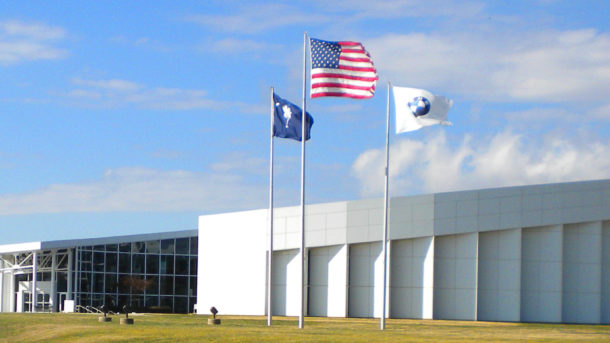President Obama: Union Owned and Operated
Syndicated columnist Charles Krauthammer has hit the nail on the head -- the president is a wholly-owned subsidiary of Big Labor: In this year’s State of the Union address,[President Obama] proclaimed a national goal of doubling exports by 2014. One obvious way to increase exports is through free-trade agreements. But unions don’t like them. No surprise then that for two years Obama has been sitting on three free-trade agreements — with Colombia, Panama, and South Korea — already negotiated by his predecessor. Nothing new here. In 2009, Obama pushed through a federally run, questionably legal bankruptcy for the auto companies that robbed first-in-line creditors in order to bail out the United Auto Workers. Elsewhere, Delta Air Lines workers have voted four times to reject unionization. A federal agency, naturally, is investigating and, notes economist Irwin Stelzer, can order still another election in the hope that it yields the answer Obama’s campaign team wants. But Democratic fealty to unions does not stop there. Boeing has just completed a production facility in South Carolina for its new 787 Dreamliner. Why? Because by choosing right-to-work South Carolina, Boeing is accused of retaliating against its unionized Washington State workers for previous strikes. It jeopardizes the economic recovery, not only targeting America’s single largest exporter in its attempt to compete with Airbus for a huge global market, but also threatening any other company that might think of expanding in any way displeasing to unions and their NLRB patrons.



